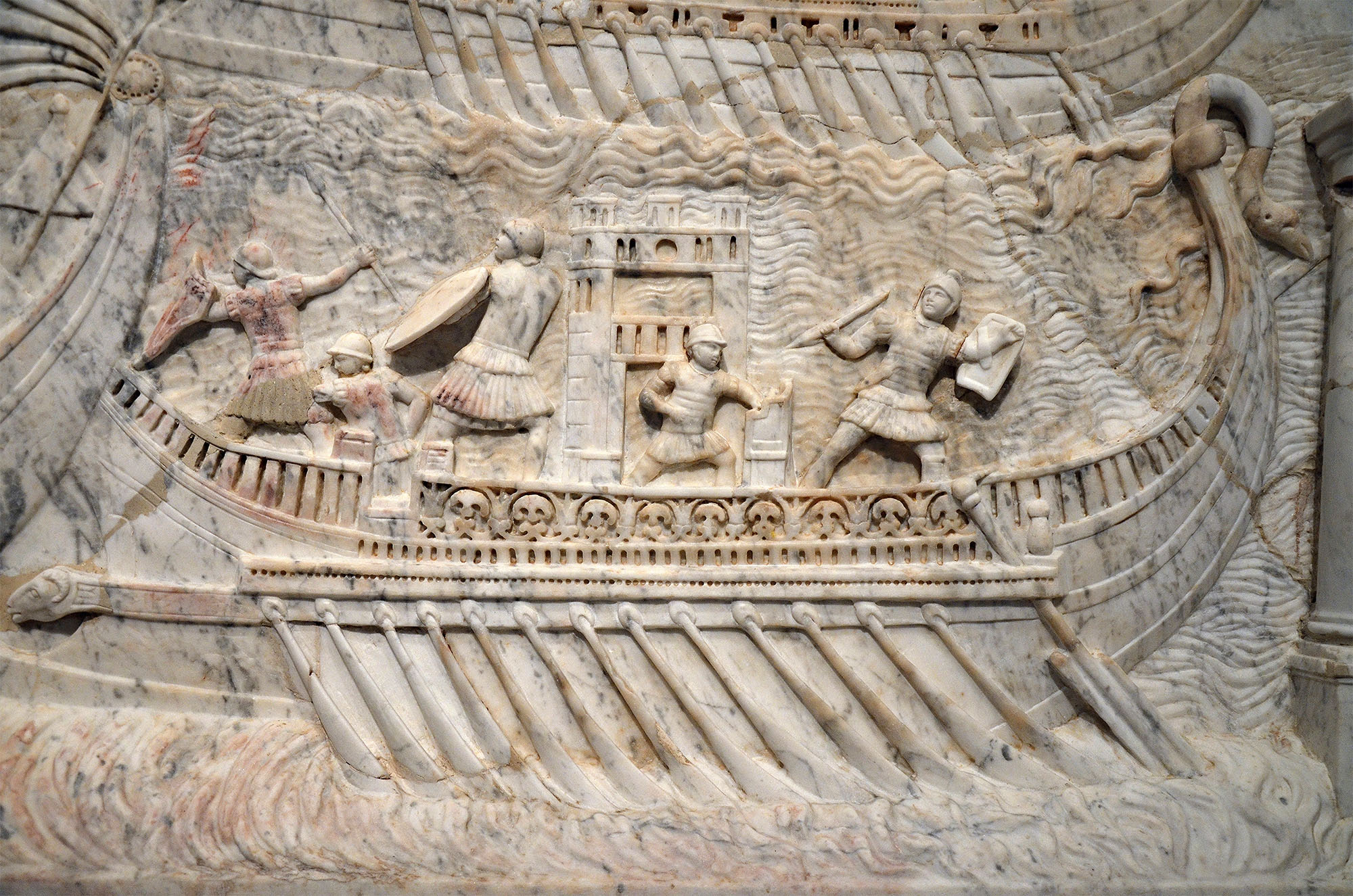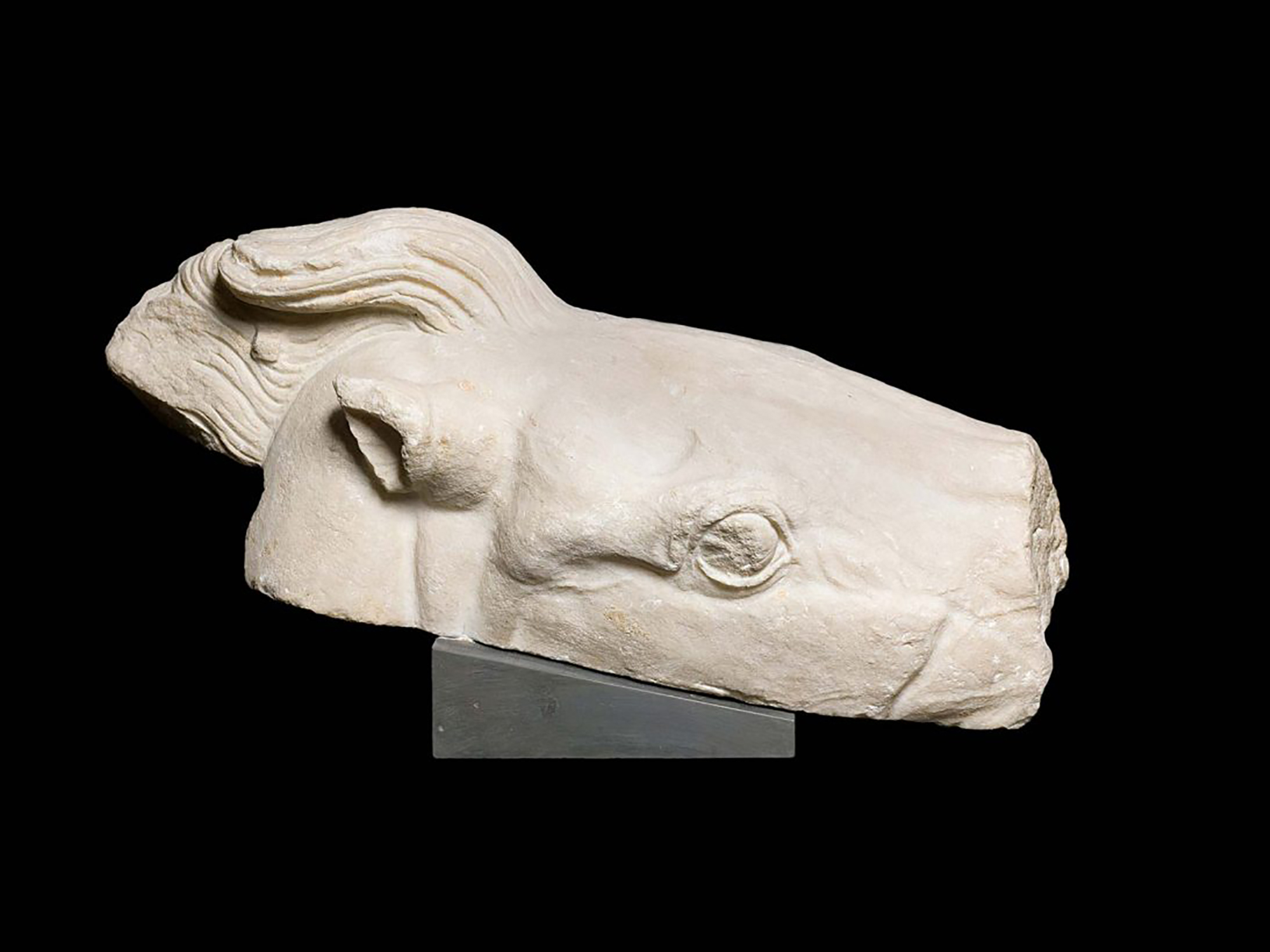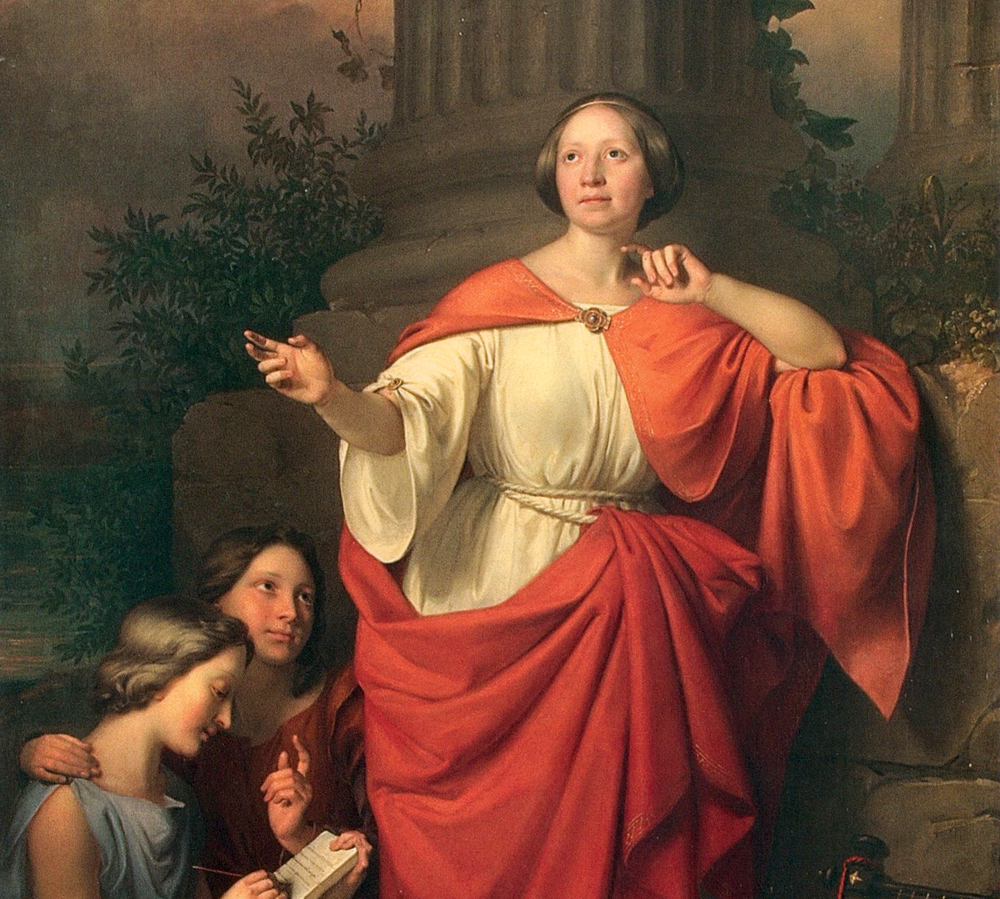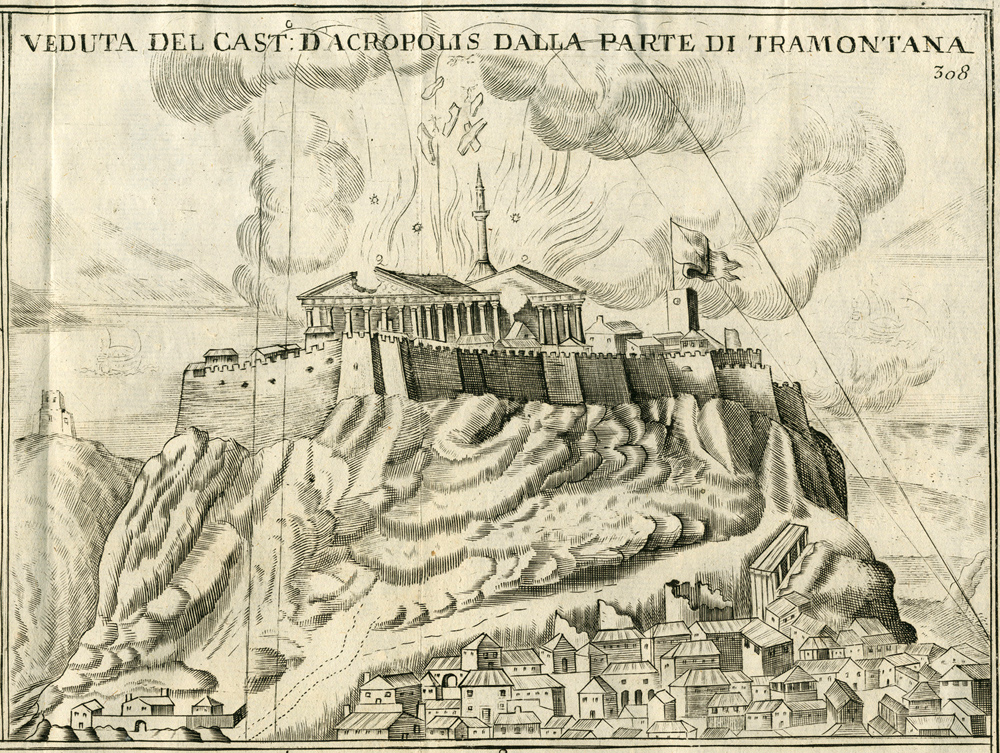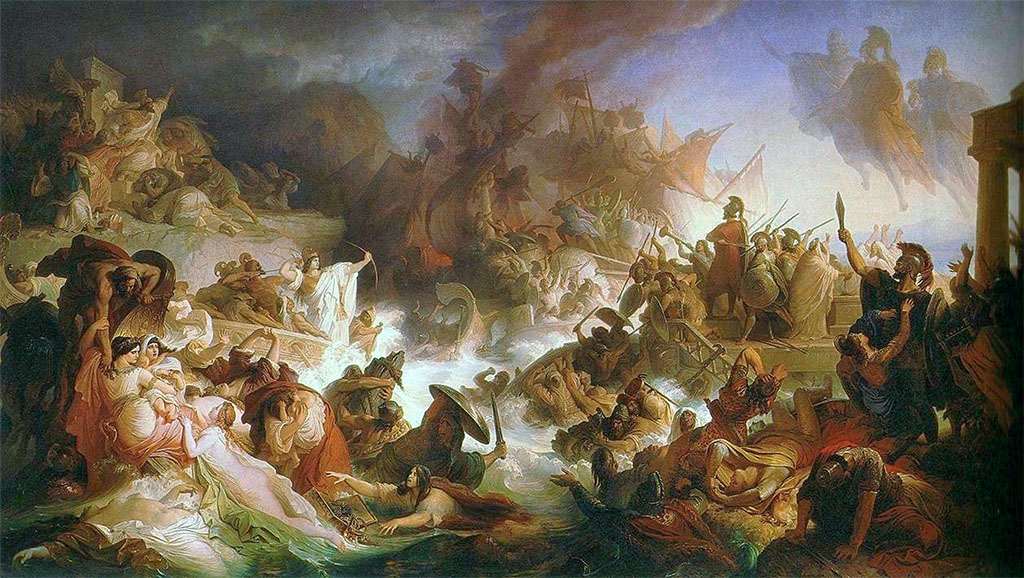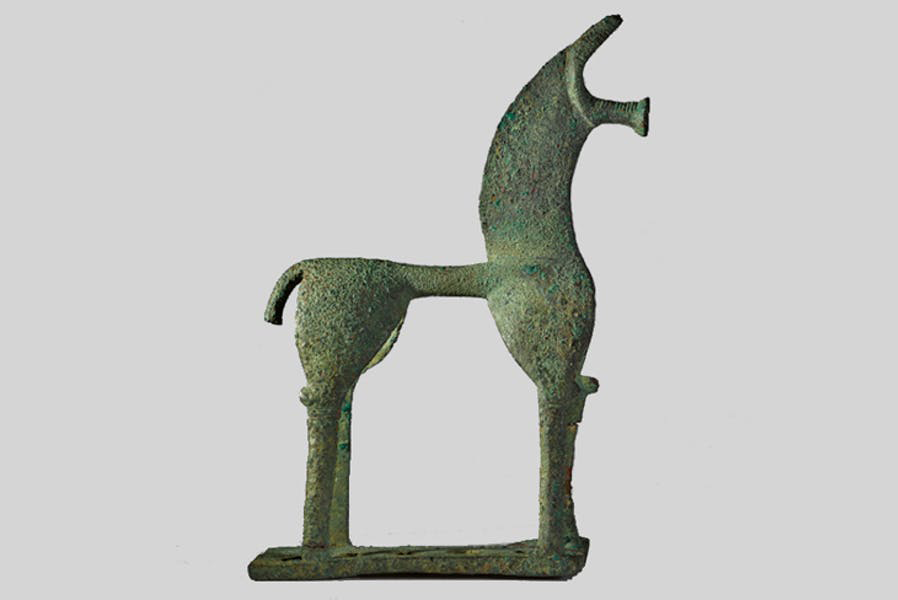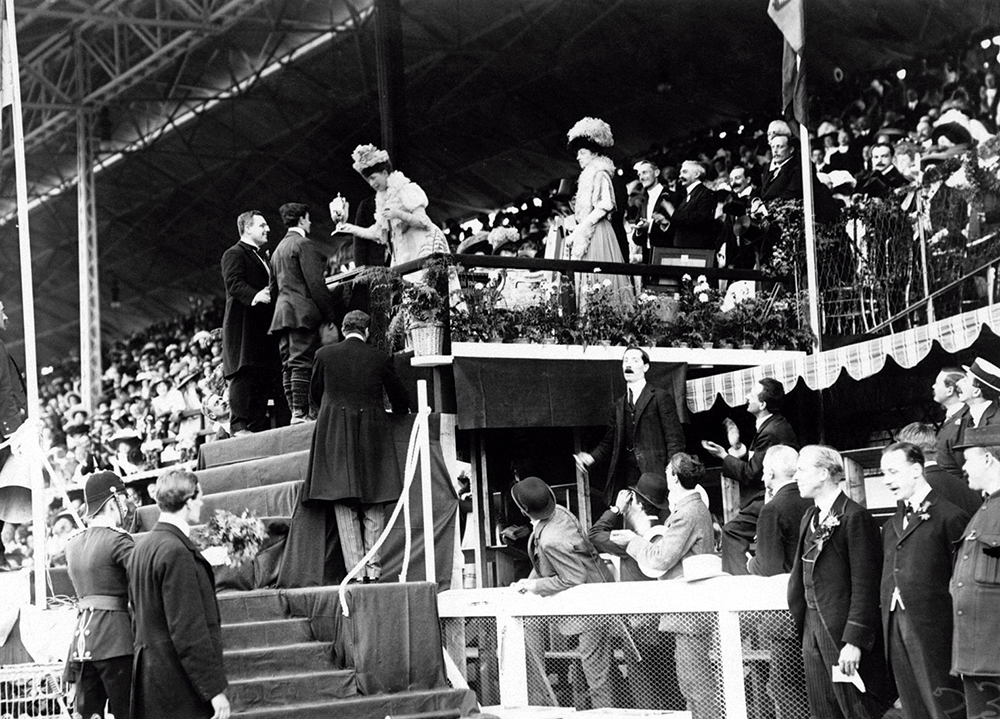First theory to explain sleep
- In the 15th century a. In the 5th century, the philosopher and theorist of Greek medicine Alcmeon de Krotona elaborated a curious theory of the causes of sleep, the oldest explanation of written sleep.
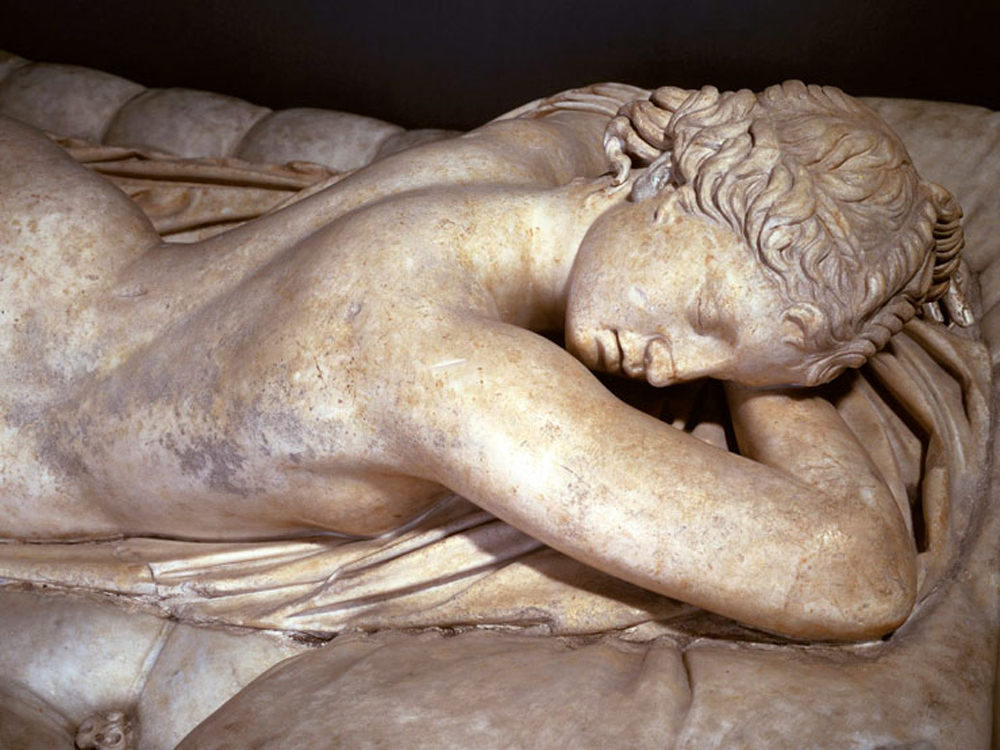
According to Alkmeon, we fall asleep when we fill the blood vessels in the brain. Blood puts pressure on the brain, causing drowsiness. We wake up when the brain empties blood. Modern science, of course, doesn't support theory, but that doesn't reduce Alkmeon's accomplishments. He was a passionate precursor and advocate for anatomical dissection, discovered the optic nerve and found that the organ that senses sensations is the brain.
Gulf of Ambracia (Ionian Sea). In the 15th century a. 2 September 31. The Romans achieved victory in the naval battle of Accio and ensured control over Egypt. Therefore, the Greek hegemony in the Mediterranean is concluded on that date, but the Hellenic influence has remained so... [+]
Grecia, a.C. Século IV. Varios pensadores gregos, como Aristóteles ou Heraklides, escribiron sobre os etruscos, recollendo unha opinión negativa sobre o pobo que vivía no centro e norte da península italiana. As mulleres etrurianas foron especialmente criticadas e o... [+]
Antzinako Greziako hainbat tenpluen sarreretan, eskailerez gain, arrapalak topatu dituzte.
Atenas, K.a. 448-432. Akropoliaren gailurrean Iktinos, Kalikrates eta Fidias arkitektoek diseinatutako tenplua eraiki zuten, Atena Partenos jainkosari eskainia.











